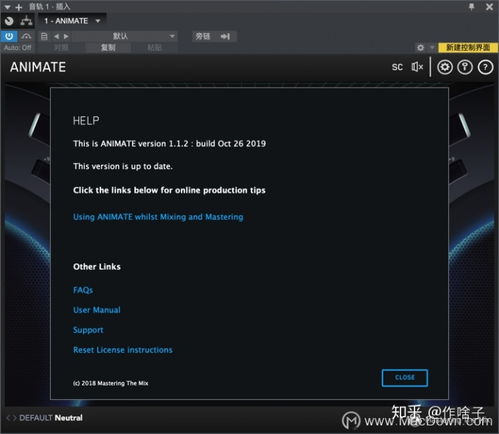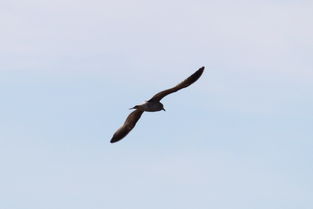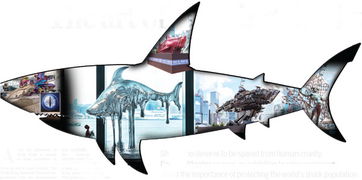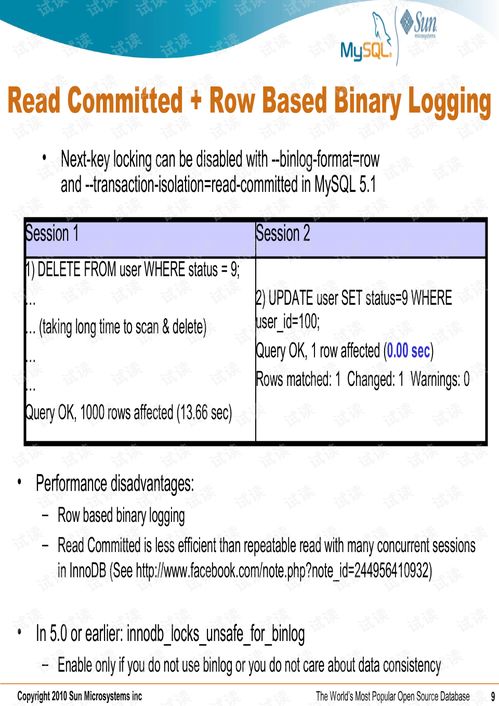Content:
Summer, with its scorching heat and shimmering waters, presents unique challenges and opportunities for anglers seeking to master the art of deep water fishing. As the sun beats down and the temperatures soar, understanding how to fish in the deep water zones can make all the difference between a productive day on the lake and a frustrating afternoon spent battling the heat. Here are some essential techniques and tips to help you become a deep water fishing pro this summer.
Early Morning or Evening Routines
The most effective time to fish in deep water during the summer is either early in the morning or late in the evening when the water temperature is cooler. Fish are more active and less prone to stress during these cooler periods. Aim to hit the water before the sun peaks overhead or wait until the twilight hours to begin your fishing adventure.
Selecting the Right Tackle
When fishing in deep water, it's crucial to use the right tackle to ensure your line can handle the pressure and depth. Here's what you'll need:
- Heavy-duty Rod and Reel: Choose a rod and reel designed for deep water fishing, with a strong backbone to handle the weight of the line and the fight from larger fish.
- Monofilament Line: Use a monofilament line with a high-test strength, such as 20-30 lb test, to ensure it can withstand the strain of deep water fishing.
- Sinker: A heavy sinker is essential to keep your bait or lure at the desired depth. Choose a sinker that allows your bait to reach the depth where the fish are holding.
Lure Selection
In the summer, fish often seek cooler water, which can be found in deeper parts of the lake. Here are some lure options that work well in deep water:
- Deep Diving Lures: These lures dive to specific depths, allowing you to target fish precisely where they are holding.
- Jigs: Soft plastic jigs can be fished in a variety of ways and are effective for catching fish in deep water.
- Spinnerbaits: These lures create a lot of noise and vibration, which can attract fish from great distances.
Technique for Casting and Retrieving
When fishing deep water, the technique you use to cast and retrieve your lure is crucial:
- Casting: Cast your lure out into the water and let it sink to the desired depth. Be patient and give the lure time to reach the bottom.
- Retrieving: Once your lure has reached the bottom, start retrieving it slowly. Vary your retrieve speed to mimic natural movements and entice fish to strike.
Use of Downriggers

Downriggers are devices that allow you to fish at precise depths without the need to adjust your line's weight. They are particularly useful in deep water fishing:
- Setting Up: Attach your lure or bait to the downrigger's rigging and lower it to the desired depth using the rigger's controls.
- Adjusting Depth: If the fish move deeper or shallower, you can easily adjust the downrigger's position to follow them.
Understanding the Water Temperature
Fish are highly sensitive to water temperature, and in the summer, they often move to deeper water to escape the heat. Understanding the water temperature can help you locate the fish:
- Use a Fishfinder: A fishfinder can help you identify the thermocline, the layer where the water temperature changes significantly, which can indicate where the fish are holding.
- Conduct Surface Water Sampling: Take water samples at various depths to gauge the temperature and identify the most comfortable zone for fish.
Patience and Adaptability
Deep water fishing requires patience and adaptability. Fish may be scattered, and you may need to move around to find them. Be prepared to experiment with different depths, baits, and techniques until you find what works.
Stay Hydrated and Protected
Fishing in the summer heat can be physically demanding. Stay hydrated by drinking plenty of water throughout the day and protect yourself from the sun by wearing a hat, sunglasses, and sunscreen.
In conclusion, mastering the art of deep water fishing in the summer requires a combination of the right equipment, techniques, and knowledge of fish behavior. By starting early or late in the day, using the appropriate tackle, and adapting to the conditions, you can increase your chances of success. Remember to fish with patience and stay safe in the heat, and you'll be well on your way to becoming a deep water fishing expert. Happy fishing!












